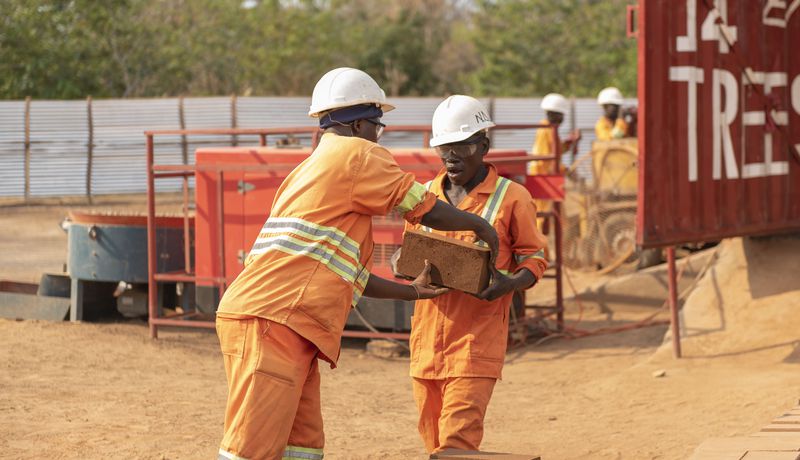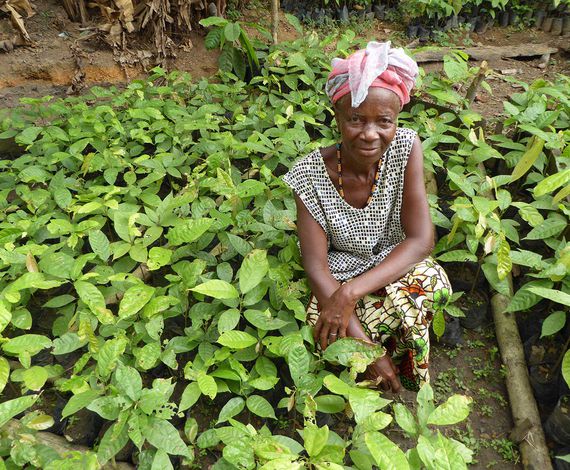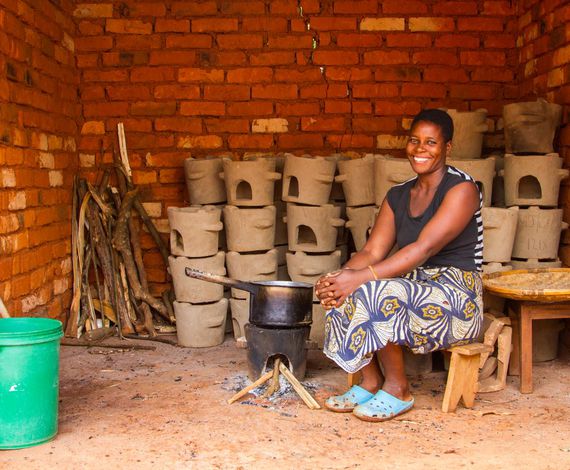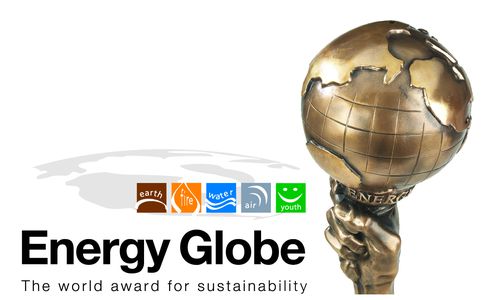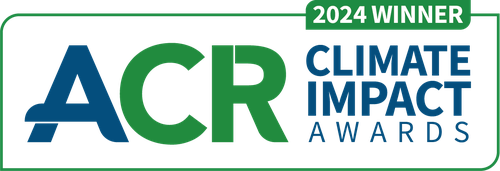14Trees, a joint venture between Holcim and CDC, the UK’s publicly owned impact investor, has rolled out a soil-stabilised brick called Durabric® that completely eliminates the need for kiln firing.
The process cuts carbon emissions and saves on average of 55 tonnes of CO2 and 14 trees for every house built. This not only helps tackle climate change, but also reduces deforestation – a major issue in Malawi.
Durabric®, a recognised clean technology by the “Solar Impulse Efficient Solution” label, was invented in Holcim’s R&D centre in France and was brought to the Malawian market by 14Trees in 2016. With training, the new Durabric® can be manufactured by local builders to make houses, schools, hospitals and commercial buildings.
To date 3 million Durabrics® have been used, saving a total of 25,000 tonnes of CO2 and saving 7,000 trees.
And it is not just the climate that benefits. Local builders are able to improve their skills and employment opportunities, while local communities benefit from higher quality and safer housing.
The company now hopes to use the proceeds of carbon finance to double its production of Durabrics® in 2021 compared to 2020.
The ClimateCare team worked closely with 14Trees and CDC to design a carbon project with a methodology that accurately calculates the carbon reductions achieved by using Durabric® rather than conventional kiln fired alternatives, and to carry out this first measurement and verification.
The team will also support sales and marketing of the carbon credits issued, helping to bring much needed finance to accelerate the adoption of 14 Trees’ technology.
ClimateCare CEO Vaughan Lindsay says: “We are delighted to once again push the boundaries on how to measure carbon reductions and the types of project that can qualify for carbon finance. We hope that organisations in the construction sector will have a keen interest in offsetting their residual carbon emissions through an innovative project like this, which has potential to both tackle climate change and improve house building across Sub Saharan Africa.”
"We are extremely proud of this first issuance of carbon credits through the use of our eco-friendly Durabric bricks in Malawi. As a pioneer in taking innovative building materials from the lab to the field in Africa, 14Trees will leverage this carbon finance mechanism to roll out our brick manufacturing facilities even further and faster, in particular in rural areas. We are making the transition to sustainable construction a reality in Malawi while creating much needed jobs." Francois Perrot, Managing Director, 14Trees
“CDC is immensely proud to support 14Trees in their pursuit of pioneering low-carbon building material innovations and their tenacious efforts to deliver sustainable and climate resilient built environments. The Gold Standard Credits created by 14Trees are a critical step to further catalyse these important objectives while supporting the communities in which 14Trees operates.” Amal-Lee Amin, Director, Climate Change, CDC
“We are pleased to certify the carbon reductions delivered by this innovative project, which is a win-win for people and a secure climate. Not only does it cut carbon emissions but it reduces deforestation, upskills builders and provides communities with safer housing. As we need to decarbonise all sectors of our global economy, it’s great to see carbon finance supporting low carbon construction projects and hope it will pave the way for many others around the world.” Margaret Kim, CEO, Gold Standard
14Trees
14Trees is a joint-venture between Holcim (world leader in building materials) and CDC Group plc (UK development finance institution) created in 2016. 14Trees’ mission is to take construction innovations from labs to the field, test them, optimize them, implement them on the ground, and take them to scale. Durabric® was created in Holcim's Research & Development Center in France and 14Trees produced and commercialised it in Africa since 2016.
600+ projects have been supported by us
46 million lives improved
Latest News
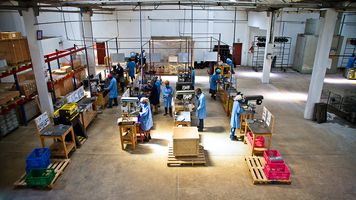
New emission reduction methodology approved by Gold Standard
New methodology approved to provide efficient, high quality quantification of emissions impact from metered clean cooking devices.
Read more
CarbonNeutral® products signposted on Amazon.com as part of Climate Pledge Friendly program
CarbonNeutral® has been selected by Amazon as a Climate Pledge Friendly trusted certification.
Read more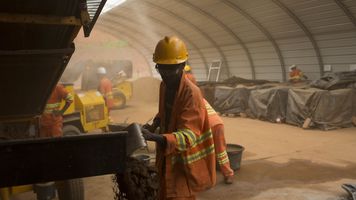
ClimateCare Gold Standard project saves 14 trees for every house built
ClimateCare announces issuance of 9,616 tonnes of independently verified carbon credits from an innovative business transforming construction across Malawi.
Read more

